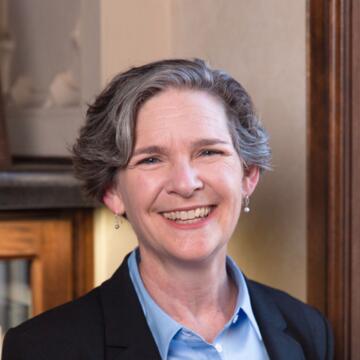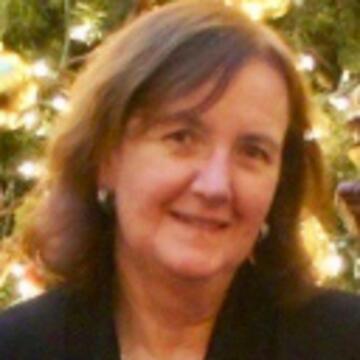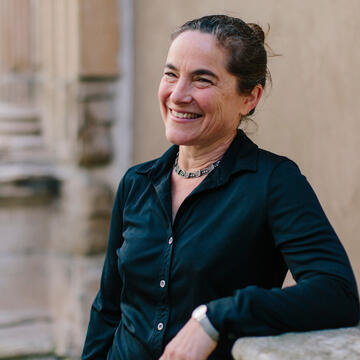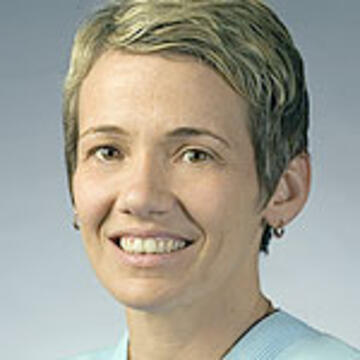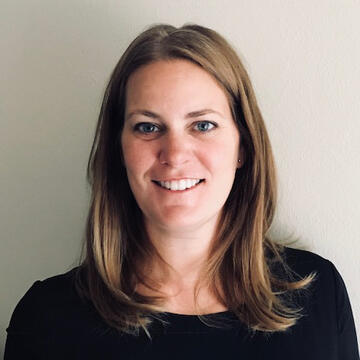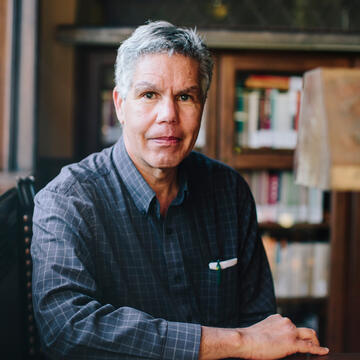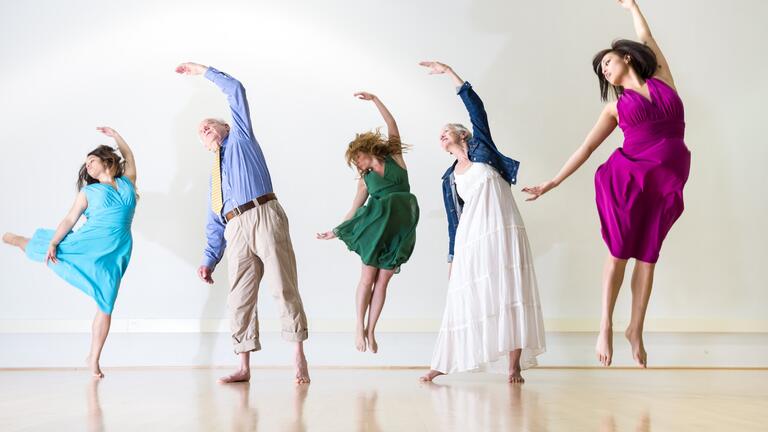
Faculty
Program Director
Lisa S. Wagner, PhD is professor of psychology and director of the gerontology minor at University of San Francisco. Professor Wagner has conducted research on stereotyping and aging for the past 25 years. Through a grant from National Institute on Aging and with support from USF, her research has examined age-related stereotypes and older adults’ experience of stereotype threat. Her recent research promotes intergenerational interactions between younger and older adults and examines effects of...
- PhD, Social and Personality Psychology, University of Washington
- BA, English Language and Literature, University of Michigan
Full-Time Faculty
Mary Lou De Natale has expertise in community mental health and telehealth case management with the underserved in the community and their partners / families. For the past twenty nine years, she has been involved in the bachelors, masters, and DNP programs (committee member of doctoral dissertations in the School of Education and School of Nursing and Health Professions - DNP projects). Her professional and personal mission, clinical practice, and research revolve around health care advocacy...
- Post-Doctoral Academic Program of Study, Social and Behavioral Health-Health Policy
- University of San Francisco, EdD, 1989
- San Jose State University, MSN, 1978
- University of San Francisco, BSN...
- Community and mental health nursing
- Maternal-child nursing and pediatric
Amie Dowling creates dance and theater for the stage, for film and in community settings. For the past several years, her work has considered the politics and representation of mass incarceration. Well Contested Sites, a collaboration with Bay Area artists, some who were previously incarcerated, won the International Screendance film prize. Her most recent film, Separate Sentence, examines the intersection of gentrification and the generational impact of incarceration. She has presented work...
- MFA, Smith College
Karen L. Francis, PhD, is a Professor and Co-chair in the Kinesiology Department at the University of San Francisco. She teaches courses in Motor Control and Motor Learning and Neuroscience. Dr. Francis's research interests are focused on how we control and coordinate movement and how aging and disease affects our ability to control movements. Dr. Francis is currently the President of the American Kinesiology Association. She also serves on the Board of Directors for Big City Mountaineers; a...
- The University of Texas, PhD, Kinesiology: Motor Control and Learning, 2000
- The University of Texas, MA, Kinesiology and Health Education, 1996
- The Ohio State University, Health Education, 1992
- Motor Control and Learning
Marisa Knight, PhD, specializes in cognitive neuroscience. She teaches biological psychology and research design, and her research is focused on the interplay between motivation, emotion and cognitive functioning across the lifespan.
- PhD, University of California, Santa Cruz
Professor Thompson has published several scientific publications on exercise programming for older adults in peer-reviewed journals such as the Translational Journal of the American College of Sports Medicine, Journal of Aging and Physical Activity, and Journal of Applied Research.
Professor Thompson is engaged in numerous research and community projects investigating the effects of exercise programming on the physical function of older adults, including his work with the city-wide Always...
- University of Kansas, PhD in Exercise Science, 2001
- University of Oklahoma, MS in Health and Sport Science, 1997
- Cornell University, BS in Atmospheric Science, 1993
Allison Thorson is a Professor of Communication Studies, Chair of the Department of Communication Studies, Director of the Interdisciplinary Committee on Children and Youth, and Director of the Child and Youth Studies Minor at University of San Francisco. Her research focuses on how individuals and families communicatively manage and maintain individual/relational well-being in the context of — often deemed taboo — unexpected, hurtful, or non-normative events (e.g., family communication...
- University of Nebraska-Lincoln, PhD Communication Studies, 2009
- Missouri State University, MA Communication and Mass Media, 2001
- University of Northern Iowa, BA in Communication / Public Relations...
Retired Faculty
After earning BA and PhD degrees from Yale and Stanford Universities, Professor Johnson worked as a UI designer and implementer, engineer manager, usability tester, and researcher at Cromemco, Xerox, US West, Hewlett-Packard Labs, and Sun Microsystems.
In the late 1980s and early 1990s he was chair of Computer Professionals for Social Responsibility. He has taught at Stanford University, Mills College, the University of San Francisco, and in 2006 and 2013 taught HCI as an Erskine Fellow at...
- PhD, Psychology (developmental, experimental), Stanford University
- BA, Psychology (experimental), Yale University
- Human-computer interaction
- Computer science education
